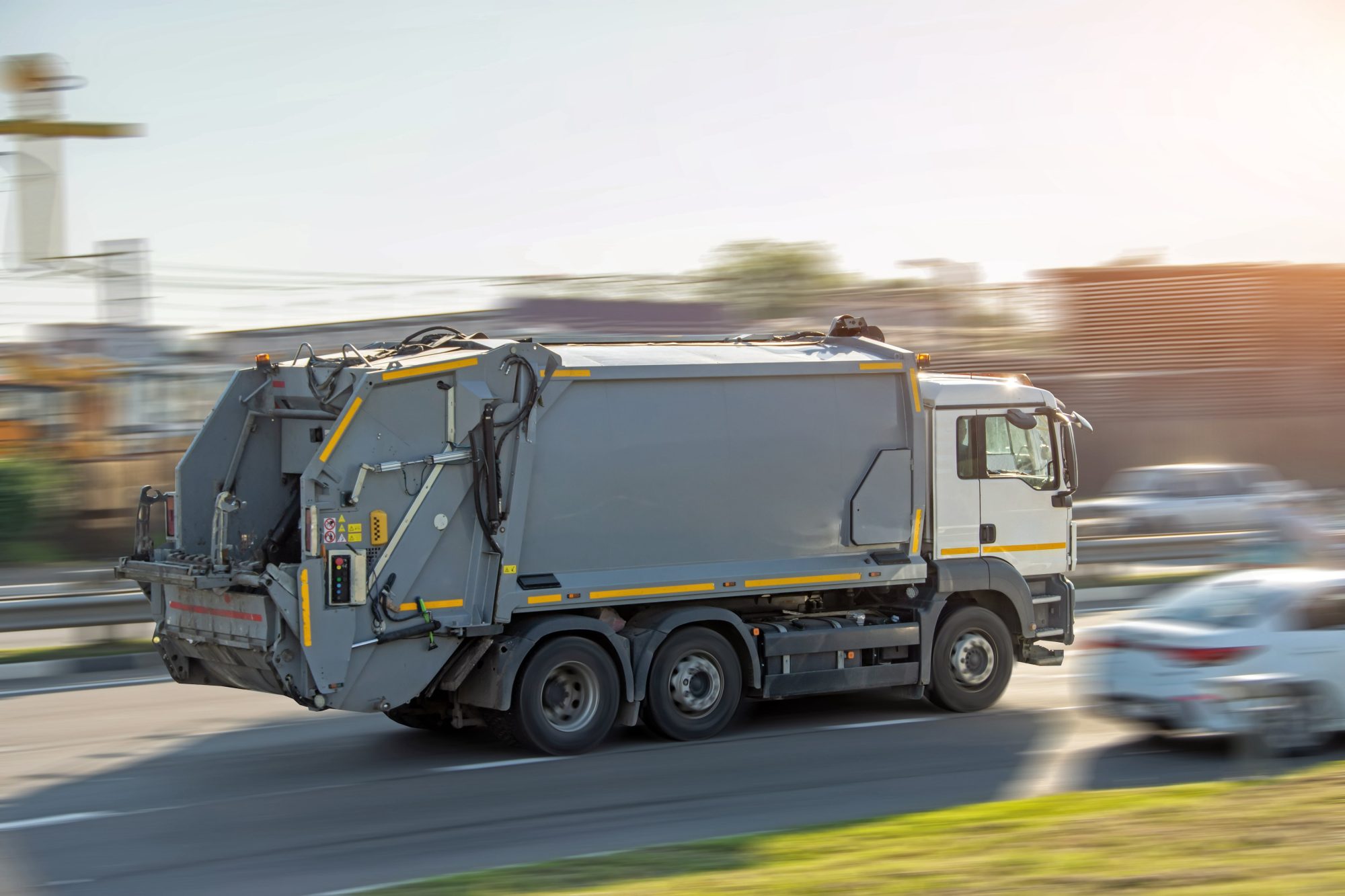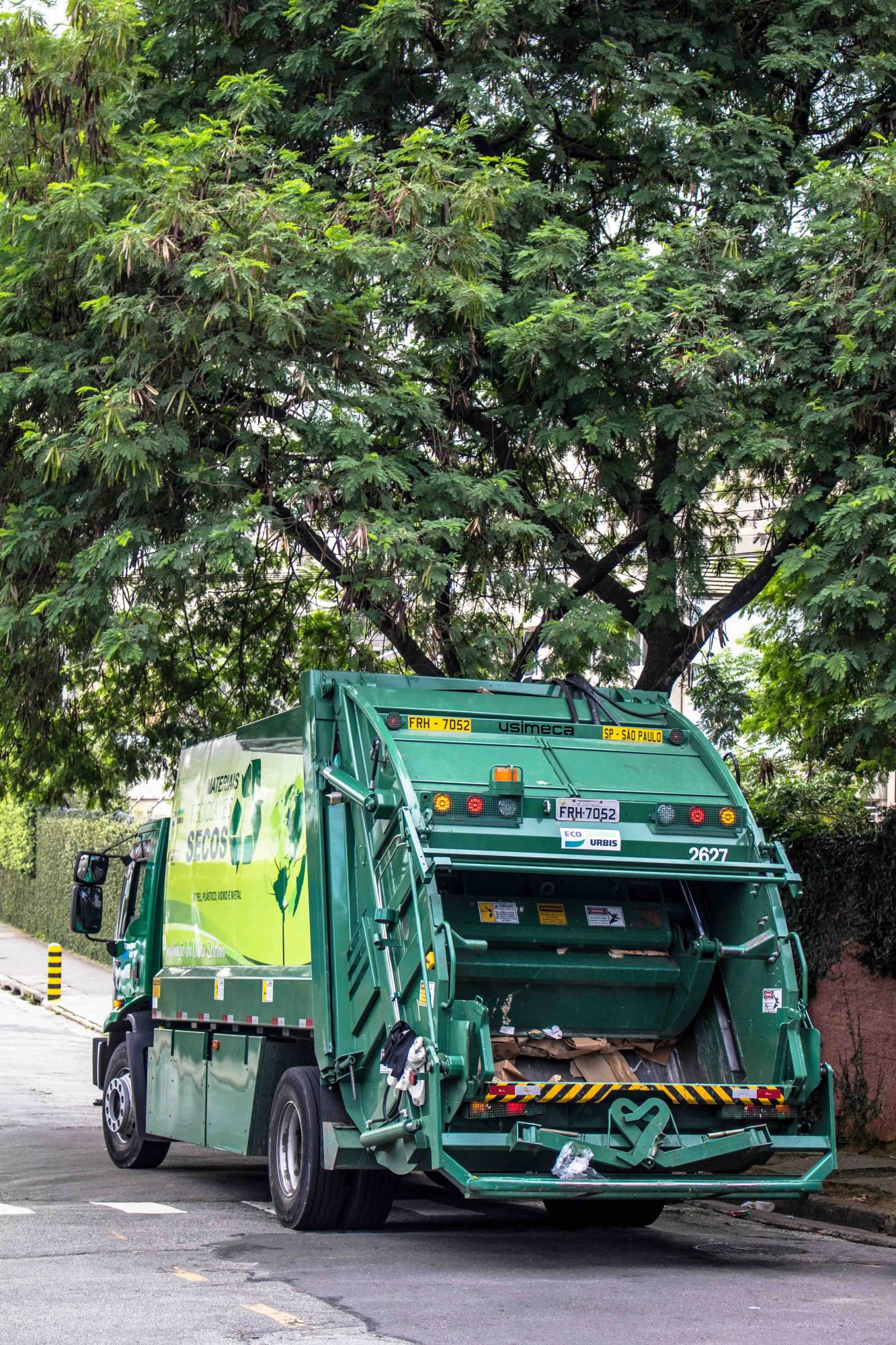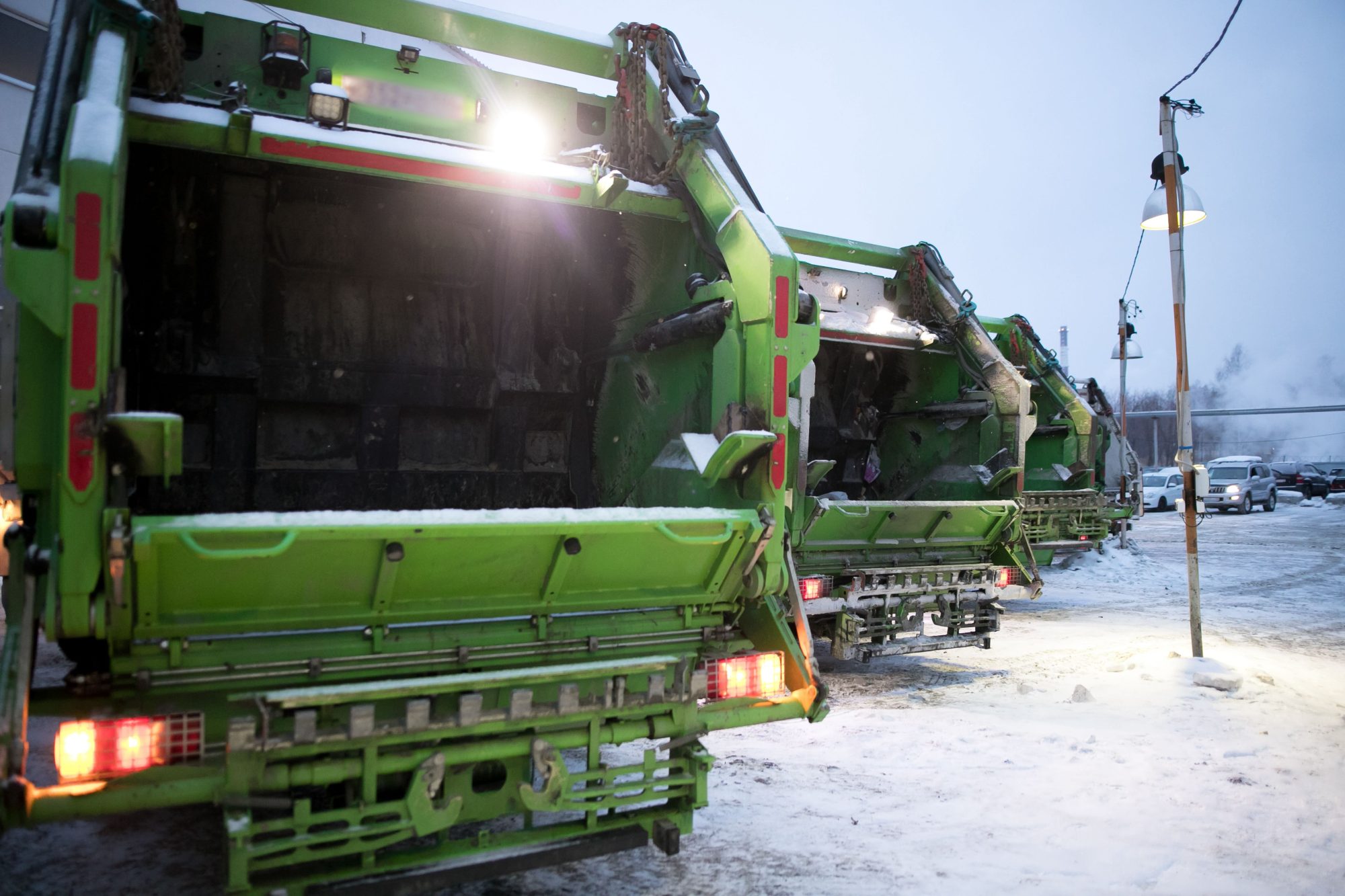By

Image Source: Adobe Stock
Jennifer Jordan, the city’s resource management superintendent, counted 143 bins in the nine square blocks, but only a handful of recycling bins. Not surprisingly, a survey unveiled that 40 percent of trash in the bins could be recycled.
“The psychology behind preventing litter is making sure people can see a trash can,” she said. “But we could do better.”
So, with a grant from the Iowa Department of Natural Resources, Jordan’s team installed 19 Bigbelly smart bins. These solar-powered systems feature a trash compactor on one side and a recycling bin on the other. The bin’s high-tech sensors alert workers when it’s time to empty, reducing labor costs while increasing recycling rates. Eventually, the city staff removed 50 regular trash bins — adding to downtown’s beauty.
Trash is a mounting problem that municipalities around the nation must address every day, and Iowa City isn’t alone in implementing creative and innovative technologies. From automating curbside collection to passing new recycling regulations, forward-focused cities are cleaning up their waste management solutions.
Beyond the Bigbellies, Iowa City added many new strategies for addressing trash. They moved from dual-stream to single-stream recycling, banned computer monitors and cardboard from the landfill, offered curbside food waste pick-up, and provided rolling carts for yard waste. They also added a secure load policy for landfill waste, creating financial incentives for both construction and residential trash haulers to reduce litter or face fines.
“Our whole council were champions when we presented new, exciting programs that could make a difference,” Ms. Jordan said. “Iowa City is a college community and embraces progressive ideals, but it’s still hard to get everyone on board. We had to give folks lots of time to figure out how it worked.”

Image Source: Adobe Stock
Waste management divisions can always improve in terms of service and efficiency, as Columbia, South Carolina discovered. Samantha Yager, the solid waste superintendent there, said the city had been slowly innovating for the last few decades.
Today, their publicly owned curbside garbage collection trucks feature automated robotic arms and high-compaction technology. These innovations save workers time and residents money.
“We added 20,000 service points since 1995, and we have fewer people than we had working in 1995,” Ms. Yager said. “As the city grows, we need to have the newest technology and the most efficient collection systems.”
The city moved to comingled recycling as a replacement for the previous method of sorting materials at the curb. As a result, the process naturally got faster — and the number of worker’s comp cases from shoulder and back injuries dramatically reduced.
They’re in the midst of a rerouting project to improve curbside pickups, too.
What’s more, their trash trucks double as artificial intelligence-enhanced code enforcement tools. Columbia’s City Detect program added cameras on the trucks to look for code violations like junk cars or chipping paint.
“We also did a pilot project for route optimization and customer service,” she added. “Organics is the next big thing in South Carolina. It requires a mass adoption to look at the waste and see what we can do to turn that waste into a viable product.”
Fort Collins, Colorado is taking that idea one step further. They have a goal of becoming a “zero waste” city. In 1991, their city council set a goal of reducing the trash in the landfill by 50 percent, and in 2016, they did it. Now, they’re aiming for total diversion.
“The landfill capacity wasn’t the primary driver for our goals,” said Caroline Mitchell, the lead waste reduction and recycling specialist. “Fort Collins has been focused on environmental, economic, and climate benefits for many years.”
To achieve this ambitious goal, they started with the residential sector. They required their hauling companies to have licenses, which required offering recycling options for customers. Because residents didn’t have to pay more to recycle, they did. Then, the city added composting services for yard waste, which further reduced the “pay as you throw” costs.
Next, they added a community recycling ordinance for multi-family homes and businesses. City council passed a building code that required construction contractors to provide a plan to prove they are recycling untreated wood, metal, aggregates, asphalt, concrete, and cardboard.
Plus, elected officials voted to ban carry-out plastic bags, implement a 10-cent fee on paper bags, and ban Styrofoam take-out containers.
In 2024, they launched a single hauler system for curbside pickup. This big change from numerous competitive hauler options improved routing efficiency, reduced greenhouse gases, and increased the collection of yard trimmings.
“For the same price most households paid in 2022 for trash pickup every other week, now they receive trash, weekly recycling, and yard trimmings for less,” Ms. Mitchell said. “It would be ideal to get to a place with no material to the landfill whatsoever, but it’s a long pathway and a vision. It’s a mandate from the community and the city council.”

Image Source: Adobe Stock
Of course, innovative waste management solutions require finding methods for compliance. Creative strategies range from legislation to financial incentives to modern educational techniques.
Columbia, for example, launched an app through Google Play and the Apple Store so residents can see their garbage and recycling schedules as well as receive collection notices. There’s even a search tool to learn how to dispose of tricky materials like lightbulbs and electronics.
The communications team also does a lot of “boots on the ground” work, as a Keep America Beautiful study found that recycling information was best retained through face-to-face education, Ms. Yager explained.
“We want to shoot for the stars, but it has to be adopted by your city and residents,” Yager added. “You have to do what’s right for your city and do what’s manageable.”
Sometimes, the most effective motivation for following new city trash protocols is a direct financial incentive. In Iowa City, the fees for monthly trash, recycling, and organics collection are listed separately on the monthly utility bill — a subtle encouragement for residents to use programs they’re already paying for.
In Colorado, the state legislature is getting involved, too. In 2022, they passed legislation requiring the producers of materials to pay for recycling and education. It includes financial incentives for using compostable or recyclable packaging.
Along with Fort Collins’ hauler licensing program, these policies and technology work to point communities toward a future that’s responsible for every kind of waste.
“We know in the big picture that landfills won’t pay for themselves,” Ms. Mitchell said. “They are only an expense now and in the future. Then, they become Superfund sites when they close. You have to start small and go one step at a time.”